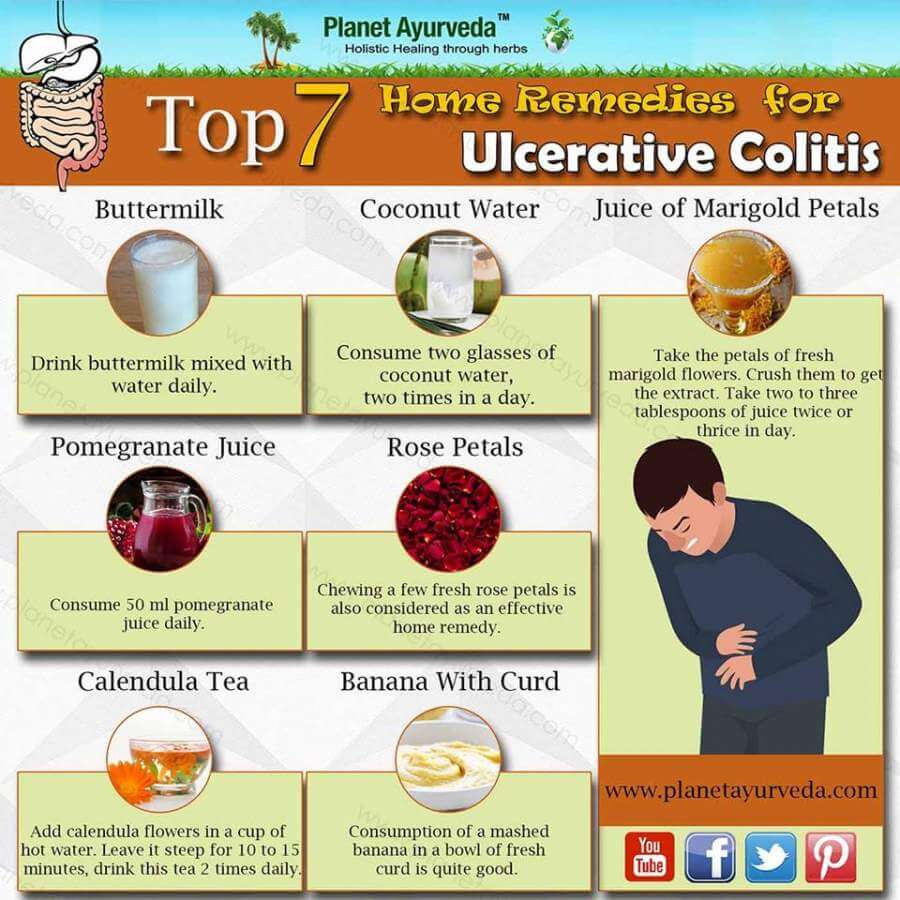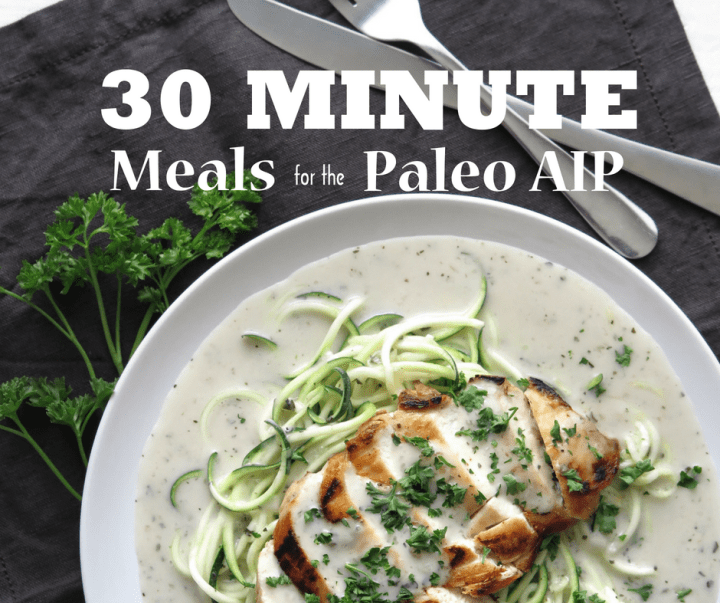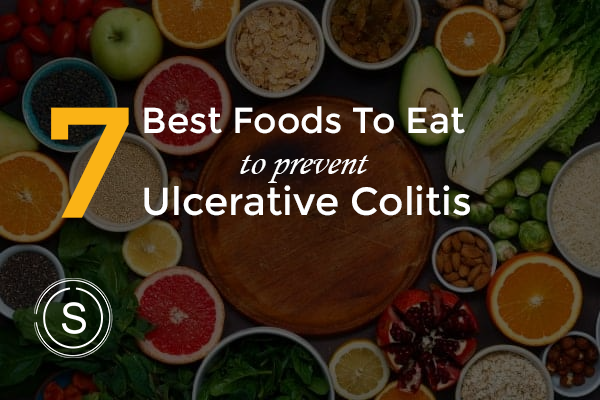Ulcerative Colitis Diet: What To Avoid In A Flare Up
A study in the journal of Advances in Nutrition found that a high fat diet can increase intestinal permeability, something that is already a problem for those with ulcerative colitis. A review in the Mediators of Inflammation journal indicates that the upset caused to the gut wall by ulcerative colitis may also increase intestinal permeability and as such, reducing foods that also impact intestinal permeability, particularly during a flare up, is advisable.
A spokesperson from Crohns & Colitis UK explains that there is no one-size-fits-all approach to eating while in a flare up.
No particular diet has been proven to help people with ulcerative colitis, they say. Some people find that certain foods trigger symptoms or flare-ups but others do not. Everyone is different and what works for one person may not work for another. Theres no single diet that works for everyone. While changing your diet can help you manage your symptoms, it does not replace medical treatment. Its important not to make any changes to your diet without speaking to your IBD team or dietitian first.
You May Like: What To Eat With Gastric Ulcer
Adding Foods Back After A Flare
Just because a food was eliminated during a flare, doesnt mean you have to give it up entirely. Here are some tips for adding foods back after a flare:
- Eat small, frequent meals every three to four hours.
- Take small bites and chew well.
- Slowly liberalize your diet, adding one or two items at a time. The foods to start with include cooked vegetables, peeled fruits, mild cheese and yogurt, oatmeal and barley, tofu and soymilk, and hummus.
- Raw and cruciferous vegetables should be added back last.
- Slow down and relax at meal time.
Vegetable And Fruit Juices
Vegetable and fruit juices are low in fiber and high in some vitamins and minerals. Manufacturers also fortify some juices.
It is best to avoid sugar during a CD flare-up, but a daily glass of diluted fruit juice that contains no added sugar can help boost a persons nutrient intake.
Vitamin C from fruit juice can also help the gut absorb iron.
Foods that are high in fat can worsen or prolong symptoms during a CD flare-up.
However, protein and other nutrients from animal products can help prevent malnutrition.
Skinless chicken and turkey are good examples of lean meats. If a person is purchasing red meat, such as pork, they should select the leanest cut available and trim any excess visible fat.
Recommended Reading: Foods To Treat Ulcerative Colitis
Read Also: Sacral Dressings To Prevent Pressure Ulcers
What Are The Basics Of A Healthy Diet For People With Uc
This whole UC situation would be a lot easier if it came with an instruction manual for eating. But even though were not quite as lucky as that, there are plenty of to help you along the way.
Case in point: Doctors and dietitians generally discourage people with UC from adopting fad diets like Keto or Paleo, which may do more harm than good because you may not get the nutrients you needor you may get too much of what you dont need. On the what-you-can-eat side, they generally recommend following a plant-based, Mediterranean diet . But what you eat during a flare and what you eat the rest of the time likely wont be exactly the same. Here are some things to keep in mind:
What Is An Ulcerative Colitis Diet

A person with ulcerative colitis may find they need to modify their diet to help manage their symptoms. There is not a single diet or meal plan that fits everyone with ulcerative colitis, and diets are individualized for each patient. Depending on symptoms different types of diets may be recommended, such as:
- A high-calorie diet: Many people with ulcerative colitis lose weight and can develop signs of malnutrition. A high calorie diet may prevent these problems.
- A lactose-free diet: People with ulcerative colitis may also have lactose intolerance.
- A low-fat diet: Ulcerative colitis may interfere with fat absorption and eating fatty foods may trigger symptoms. This is often recommended during an ulcerative colitis flare.
- A low-fiber diet : This can help reduce the frequency of bowel movements and abdominal cramps.
- A low-salt diet: This diet is used when patients are on corticosteroid therapy to help reduce water retention.
- A low FODMAP diet: FODMAPstands for Fermentable Oligo-Di-Monosaccha-rides and Polyols, which are types of sugars found in certain carbohydrates and sugar alcohols. This diet is used in people who have intolerance to FODMAPS.
- A gluten-free diet: People with ulcerative colitis may also be sensitive to gluten.
Read Also: How To Soothe An Ulcer
Back Up: What Is Ulcerative Colitis Exactly
Ulcerative colitis is a type of inflammatory bowel disease that causes ulcers and sores in the lower quarter to third of your digestive tract. Typically, these ulcers are found in your rectum or in the inner lining of your lower intestine . This can cause bloody diarrhea, the most common symptom of ulcerative colitis, but you might also experience things like abdominal cramping, constipation, and a general sense of fatigue. Weight loss and a loss of appetite can also crop up, per the U.S. National Library of Medicine.
Diana Whitehead, M.D., director of the Inflammatory Bowel Disease Center at the Greater Baltimore Medical Center, explains that though ulcerative colitis has a strong genetic component, symptoms are often set off by a triggering event that activates inflammation in the lower intestine. Basically, your immune system is not doing what it should do, which is to protect you, but its gone kind of into overdrive, Dr. Whitehead says. In other words, even though the exact causes of ulcerative colitis arent fully understood, experts consider it to be an autoimmune condition thats set off by this overreaction in the gut.
How To Eat During An Ibd Flare
Robert Burakoff, MD, MPH, is board-certified in gastroentrology. He is the vice chair for ambulatory services for the department of medicine at Weill Cornell Medical College in New York, where he is also a professor. He was the founding editor and co-editor in chief of Inflammatory Bowel Diseases.
Angela Underwood’s extensive local, state, and federal healthcare and environmental news coverage includes 911 first-responder compensation policy to the Ciba-Geigy water contamination case in Toms River, NJ. Her additional health-related coverage includes death and dying, skin care, and autism spectrum disorder.
People with inflammatory bowel disease often face an uphill battle when it comes to diet, especially when the disease is active. Many people with IBD don’t know what food to eat when the Crohn’s disease or ulcerative colitis is flaring. Everyone with IBD is different, and one person’s flare-up diet isn’t going to work for another, but there are some broad ideas that may work for many.
-
Milk, cheese, ice cream, and yogurt
-
Brown rice, popcorn, oats, and barley
-
Fried food
-
Raw veggies
Read Also: Best Diet For Ulcerative Colitis Flare Up
What Foods Can I Eat When I Am Having An Ulcerative Colitis Flare
Certain foods are less likely to make your UC symptoms worse and can also help to reduce inflammation. These foods help settle your stomach and ensure you receive enough vitamins and minerals during an UC flare and include:
- Low-fiber fruits such as bananas, cantaloupe, honeydew melon, and cooked or canned fruits
- Lean protein, which is found in fish, lean cuts of pork, chicken, soy, eggs, and firm tofu
- Refined grains, found in sourdough, potato or gluten-free bread, white pasta, white rice, mashed potatoes, and oatmeal
- Fully cooked, de-seeded, skinless, non-cruciferous vegetables such as asparagus tips, cucumbers, potatoes, and squash
- Homemade protein shakes or oral supplements
- Use olive oil instead of other oils or fats
- Apple sauce
Donât Miss: Pressure Ulcer Cream Over The Counter
What Foods Trigger Colitis
Ulcerative colitis is a chronic type of inflammation in the bowel. Today, about 750,000 people in the U.S. are living with this disease. To improve this potentially debilitating condition, colitis sufferers must closely watch their food consumption to help maintain a healthier colon and avoid triggering a disease flare-up. This article will help you understand colitis and how to avoid symptoms by changing what you eat.
Read Also: Best Treatment For Stomach Ulcers
Are Bananas Good For Ulcerative Colitis
Bananas are high on the list of healthy foods if youre in an ulcerative colitis flare. Theyre easy to digest and rich in potassium . People with irritable bowel disorders, like ulcerative colitis, are often deficient in this mineral. Blend one cup of low fat milk with one cup of yogurt, a ripe banana, and ice.
Identify Daily Stressors And Put Your Health First
The second tip to help you prevent an ulcerative colitis flare-up is to ensure that you learn how to identify daily stressors so that you may eliminate them. Stressors for many people come up on a daily basis, whether it be work based, family based, or even relationship/friends based. I think that always keeping in mind that your health comes first no matter what. In other words, no issue is as important as your own health. By always keeping this in mind I find that it helps me mentally to filter things that brings stress instead of peace.
You May Like: What Helps With Ulcerative Colitis Pain
To Eat: Easier To Digest Fruits
Fruits with a lot of seeds might be difficult during a flare-up and should be avoided in most cases, which includes a lot of berries. Melons, however, are going tao be a good choice for a fruit that is easy to digest. Some of the fruits that are going to be more friendly for people in an IBD flare-up include bananas, watermelon, cantaloupe, papayas, and honeydew. Eat these fruits when they’re quite ripe and with all the seeds removed.
Ulcerative Colitis Diet: Food Preparation And Meal Planning

While the idea of an elimination diet or restricting your intake of fiber, fat or other trigger foods may seem daunting, meal planning and preparing your food ahead of time can take some of the stress out of eating in a flare up. If your appetite is impacted as well, you can batch cook and eat what you want of a larger pre-prepared meal when you feel like eating, rather than preparing yourself a whole new meal from scratch.
The Crohns and Colitis Foundation indicates that rates of depression and anxiety are higher in those with IBD, so anything that can reduce stress for those with ulcerative colitis might be helpful for managing mental health. As such, pre-planned meals based around particular dietary needs can make the day-to-day experience of ulcerative colitis slightly less stressful, and may make the experience of a flare up more bearable.
This article is for informational purposes only and is not meant to offer medical advice.
Read Also: Ulcerative Colitis Left Side Pain
Your Immune System May Suffer
Inflammation can put constant stress on your body, which makes you vulnerable to infections and other illnesses. Your body is putting in so much energy to try to keep the inflammation under control that it really doesnt allow your body to do the normal housekeeping things its supposed to do, Bonthala explains. So people have a harder time fighting off illnesses and are more susceptible to catching other infections.
What To Eat During A Ulcerative Colitis Flare
Research shows that nutrition cant cause or cure ulcerative colitis. There are no foods that can cause someone to develop ulcerative colitis, and there is no miracle diet that will cure people of the condition. However, good nutrition does play an important role in the management of ulcerative colitis symptoms, especially during a flare.
Ulcerative colitis flare-ups are uncomfortable and frustrating. Pain, bloating, cramping, fatigue, rectal bleeding, and diarrhea are common symptoms during flare-ups. If youre in the midst of the flare, changes in your diet can help control your symptoms and allow your intestine time to heal. If you have a flare
While carefully watching what you eat can help ease symptoms of ulcerative colitis, there are very few treatments for ulcerative colitis currently available. Participating in research is one of the best ways to actively search for a cure. Research helps increase the understanding of ulcerative colitis and trial new treatment options.
If you or a loved one has ulcerative colitis, fill out the form below to learn more about a clinical trial that you may qualify for.
Recommended Reading: Ulcerative Colitis Lower Back Pain
What Causes Ulcerative Colitis
The cause of ulcerative colitis is unknown but it is believed to be caused by a combination of several factors including an overactive immune system, genetics, and the environment.
- Overactive immune system: It is believed that in ulcerative colitis, the immune system is triggered to mistakenly attack the inner lining of the large intestine, causing inflammation and symptoms of ulcerative colitis.
- Genetics: Ulcerative colitis can run in families. The genetic link is not entirely clear but studies show that up to 20% of people with ulcerative colitis have a close family member with the disease.
- Environment: Certain environmental factors including taking certain medications , and eating a high-fat diet may slightly increase the risk of developing ulcerative colitis.
Physical or emotional stress and certain foods do not cause ulcerative colitis, however, they may trigger symptoms in a person who has ulcerative colitis.
To Avoid: High Fiber Foods
Foods that are high in fiber might be a challenge during an IBD flare-up. Most Americans don’t get enough fiber and need to eat more. During an IBD flare-up, however, fiber might not be tolerated well. High fiber foods include brown rice, wild rice, popcorn, barley, oats, and anything made with whole wheat. These foods could be added back into the diet when a flare-up is over but might need to be excluded for a time while a flare-up is going on.
You May Like: Foods That Help Ulcerative Colitis
Prevent An Ulcerative Colitis Flare With These 11 Tips
Tags: IBD
Please note:This article outlines 11 tips to help you prevent an ulcerative colitis flare, and is based on one patients experience. Nothing in this article is meant to replace any advice you have received from your doctor.This article was contributed by Ms. Wanni Z. Below is her story.
Every day during remission I am thankful. I remind myself constantly that I should not take it for granted. I feel that its important to never forget that there is currently no cure for ulcerative colitis . Even during periods of remission, we still need to take daily measures to ensure that we prevent any potential flare-ups. That being said, here are some key points I have learned that have helped my body over the last few years, I hope this will help others out there! Keep reading for some tips to help you prevent an ulcerative colitis flare:
Do Any Medications Have Nutritional Side Effects
Moderate to severe flares of IBD are often treated with corticosteroids , cholestyramine and 5-ASA compounds . These medications have nutritional side effects that should be addressed. If you use any of these medications, talk to your doctor or registered dietitian for treatment advice.
- Prednisone causes decreased absorption of calcium and phosphorus from the small intestine. It also causes increased losses of calcium, zinc, potassium and vitamin C. With continual use of high doses of prednisone, the result may be bone loss and development of bone disease. People on prednisone may need up to 1200 milligrams a day. Protein needs also are increased for people taking prednisone because it increases protein breakdown in the body.
- Cholestyramine decreases absorption of fat-soluble vitamins , as well as folate, vitamin B-12, calcium and iron.
- Sulfasalazine interferes with folate absorption. People taking this drug also should take a 1 milligram folate supplement each day.
Recommended Reading: Can I Eat Oatmeal With Ulcerative Colitis
The Ability To Differentiate Gas From Liquid Or Solid In The Rectum When Urgency Occurs
Participants can be greatly affected by a loss of the ability to differentiate rectal urgency due to gas from rectal urgency due to stool, mucus, or blood. They usually lose this ability during a flare, and need to go to the toilet anytime they have urgency, to avoid the risk of incontinence.
If I do have gas, I dont dare let it pass because all sorts of other stuff could come with it.
When Im having a flare, I cant tell if its gas or not. Gas can carry some other stuff with it. When theres a flareup, I think gas counts because theres no such thing as just gas.
What To Eat During Remission

Increase fiber and reintroduce whole grains âSlowly incorporate foods higher in fiber when gastrointestinal symptoms lessen.
Consume omega-3 fatty acids âConsider eating more fresh or canned fatty fish or taking a fish or flaxseed oil supplement.
Focus on wholesome foods in their natural state â This includes foods with minimal processing and minimum ingredients.
Dairy and lactose products will be better tolerated â If you have a lactose intolerance, avoid dairy or eat low-lactose or lactose-free products.
Added fats will be better tolerated âContinue to focus on using oils, such as olive oil or canola oil, instead of solid fats.
Continue to focus on protein foods âConsume beef, eggs, poultry and other lean meats or plant-based proteins, such as soy products.
Be sure to drink plenty of water âDrink water instead of fruit juices, soft drinks, alcohol and caffeinated beverages such as coffee or tea.
Recommended Reading: Will Ulcers Cause Blood In Stool